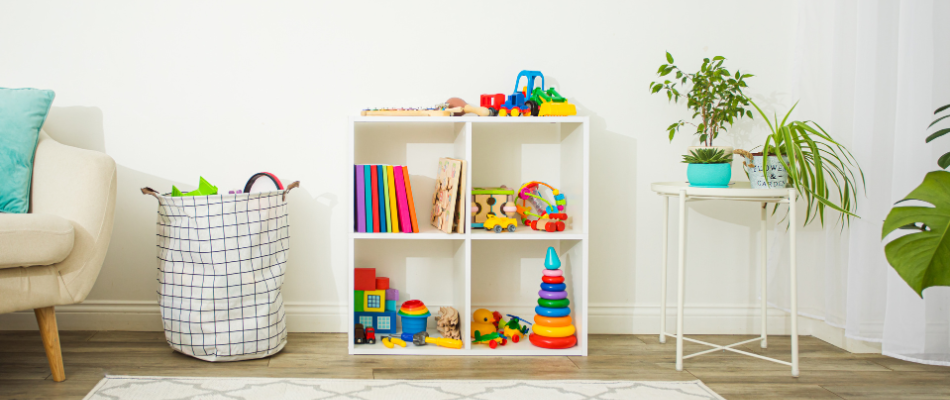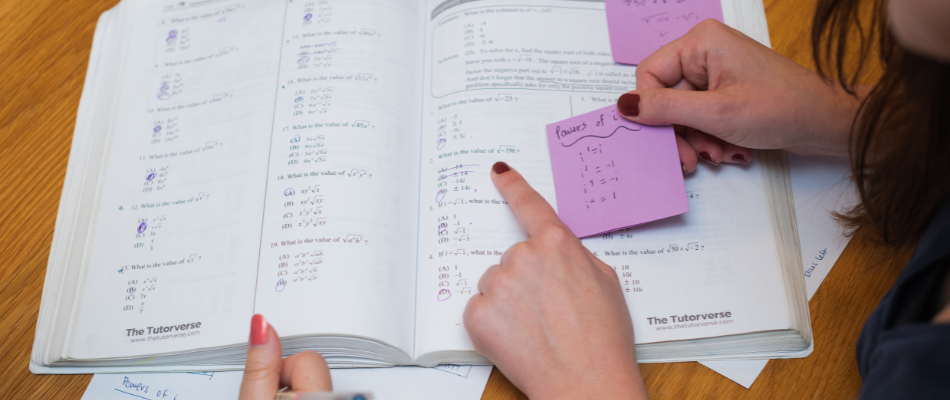
How to Stay Organized Ahead of the Holidays

The holidays are almost here, and we’re excited to celebrate, spend time with friends and family – and take a break after months of hard work this fall! But the weeks leading up to the holiday season can be overwhelming as students juggle tests, projects, family commitments, holiday performances, and more. How can students stay on top of everything? We asked our Executive Function coaches for their best tips to make it through the next few weeks!
FOR YOUNGER STUDENTS:
Meg Lisle has been working with elementary and middle school students for almost a decade, and a big part of her work has been helping them stay organized! When asked what her best tips were for elementary and middle school students, she emphasized the importance of keeping an organized calendar.
“Students should keep a visual calendar (either in the form of a calendar or agenda) so that they can see what is coming up this week and what’s on the radar for next week. For each week, they can also create a to-do list of things and label them as ‘must-do’s,’ ‘can-do’s,’ and ‘want-to-do’s.’ Meg emphasized that students benefit from positive reinforcement and encouragement from adults, and that many ‘want-to-do’s’ around the holidays can be used as fun incentives for some of the ‘must-do’s.’
Depending on your child’s age, you may want to help them create the calendar and find a consistent place to keep it, and specific and consistent times to write down lists and check it daily. You may also want to help them get started to ensure they have a strong understanding of which tasks are ‘must-do’s,’ which are ‘can-do’s,’ and which are ‘want-to-do’s.’
FOR OLDER STUDENTS:
Dr. Vibha Solanki has more than a decade of experience coaching middle and high school students and adults in Executive Function. When asked what her best tips were for older students managing stress around the holidays, she recommended using the following strategies:
Listing responsibilities and tasks
“This provides a concrete reference,” Vibha said. “Students can analyze their list and divide items into categories and according to their due dates.”
Breaking down assignments and projects into smaller steps (aka “chunking”)
Vibha recommends that students prioritize each step of an assignment by breaking the steps down into distinct deliverables. For example, they can break an essay down into tasks like research sources, start outline, write thesis statement, etc. She says that this strategy can help reduce anxiety and provide a starting point and road map.
Reduce sensory distractions
Vibha recommends creating an organized space free of all distractions, including cell phones and televisions. “It is difficult to focus and maintain focus with too many distractions,” she says. “This can lead to frustration. We don’t want this, we want productivity!”
Use a timer
Finally, Vibha recommends using a timer when completing a task, as this encourages focus and self-regulation. Students can ask themselves, “How long do I think this task will take?” This also encourages the practice of time estimation.
Looking for more support? Both Meg and Vibha are available for sessions with new students now! Email info@smartcitytutoring.com or submit an inquiry form on our website to get started.







